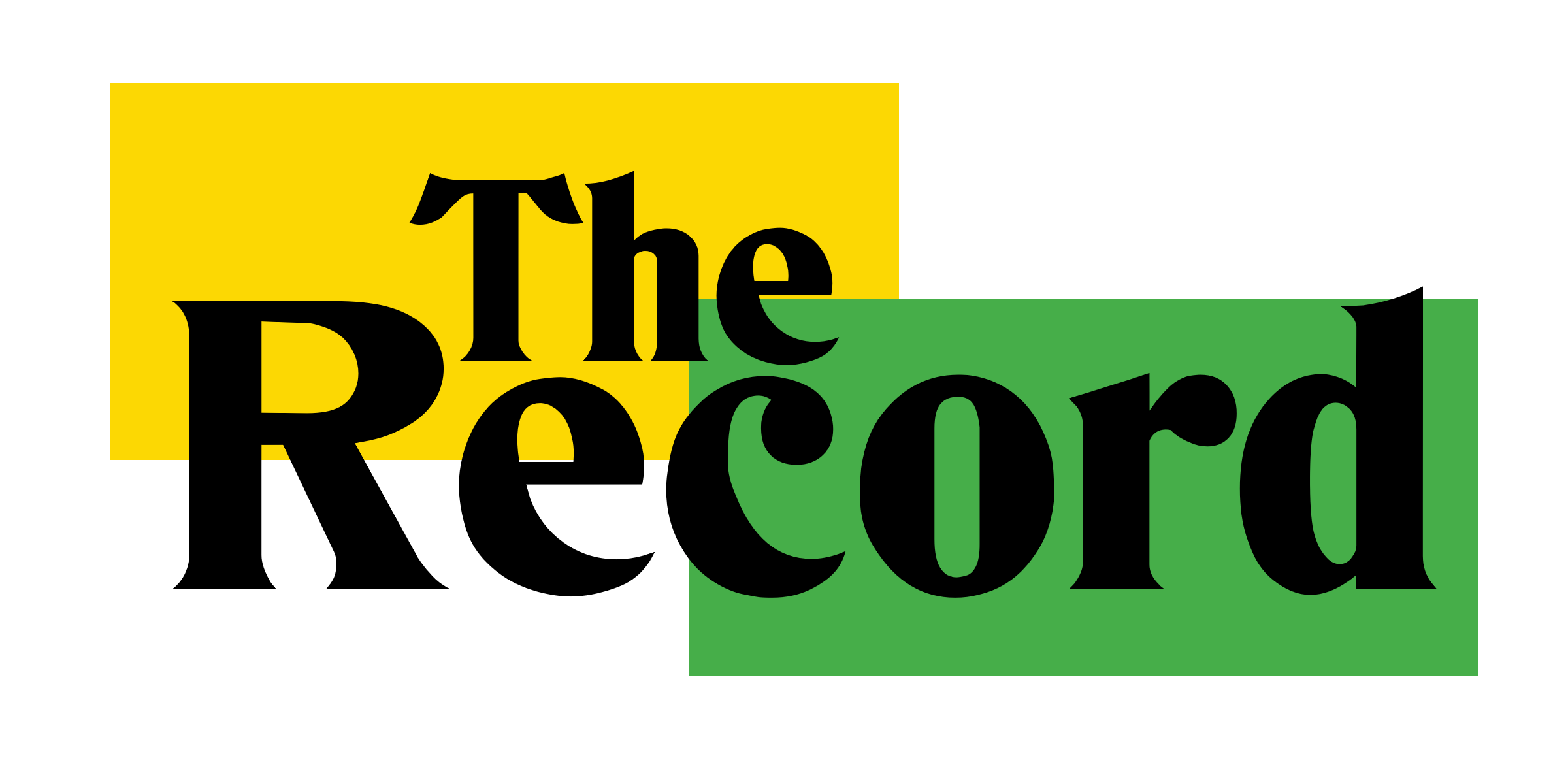Most of the people around me may be confused by my last name and identify me as Latino. My ex-husband’s surname came to me as part of the legacy of our marriage; I decided to keep it. Although since then, Latin culture has firmly entered my life and I am now familiar with it first-hand, because my husband’s family has become my family, and many traditions have become part of my daily life. Also, my children now are Latino. I still have Russian citizenship, in addition to my American one. However, citizenship is not the end point of my identity. Originally, my family was resettled from Ukraine to Central Asia during the Soviet era because of the state distribution program. Therefore, half of my family are native Ukrainians who were subsequently issued a Russian passport and given Russian citizenship after the collapse of the USSR. Furthermore, World War II changed my genetics, and it turns out that my grandmother, a Polish Jew, managed to survive as a child in a concentration camp. I am Russian, and I am Ukrainian, I am Jewish, and I am American, and my family is both Latino and African American. So the questions on surveys about race or nationality leave me confused, and sometimes even embarrassed.
I think the same question arises among many American citizens, most of whom became Americans thanks to ancestors who immigrated from somewhere else. The world has opened its borders, people travel freely around the globe, putting down their roots in foreign territories and starting families. However, the current question of nationality imposes the need to decide and give some name to my national identity. In addition, the answer “other” seems flawed, because at my age it should be time to choose and decide. This begs the question, how relevant and necessary is this? I wonder what my children will experience filling out these questionnaires. They, who speak three languages equally fluently and without an accent, are no longer completely White, Afro, or Latino. Yet for statistical purposes, the nomenclature bureaucracy will force them to decide and assign themselves to some kind of racial camp.
The issue of determining nationality does not make my family an extraordinary case. Families like this are everywhere. My Arabic friend has two children who speak and write fluently in four languages since her husband is half Latino, and half Russian-Jewish. The cultures of these completely different nations are harmoniously woven into each other under one roof in this family’s home in the United States. We take the best of our cultural traditions, with tribute to our ancestors, pass them onto our children; it doesn’t matter what nationality, skin color or race we are. We share food, shelter, stories and happy moments with each other and it would seem that this is a wonderful story with a happy ending, if only not for it being a world with endless wars and crimes against humanity.
When I arrived in the United States ten years ago, people hearing my accent would always ask if I was Russian. Since the 2022 Russian Invasion of Ukraine, I have never heard this question formulated this way. Instead, curious fellow travelers politically correct and diplomatically have asked if I am a Polish emigrant; every time I have to answer: “I am the worst option on your list of guesses, I am Russian.” At the same time, I always feel an involuntary involvement in the ongoing crime of Russia towards Ukraine. I did not choose my national identity, but within the legal framework, I, as a holder of a Russian passport, have been associated with the crimes that occur every day in this war. I’m afraid to return to Russia, this country is closed off to me because I don’t agree with the policies of the ruling party and the imposed dictatorship. This brings me back again to the question of national self-identification, which prompts a feeling of shame for something I didn’t do. Similar to how it once was a shame to be a Jew in the USSR or Germany, or when it was a shame to be black in America or England. If you think about it, is there a nation whose representatives are proud of their origin and participation in the course of history?
This is how, just based on one nationality, humanity is divided into different camps and they demand self-identification and choice from each of us. This is such a stupid game where in each survey you need to answer the question who you are and choose from five options. It’s as if the world is black and white and not colorful. I divide people into the categories of humane and criminals, regardless of their membership in a particular group. No religion in the world or struggle for territory or politics can justify a murder. I am Russian and Ukrainian, I am Arab and I am Jewish, I am black and I am white. My nationality, as well as religion and race, should not become an object of judgment. I am not just the bullet point to be checked marked on a form. I am defined by my personality and my acts.




